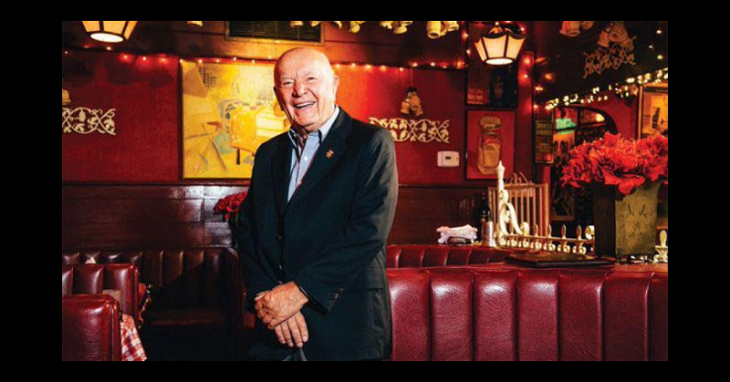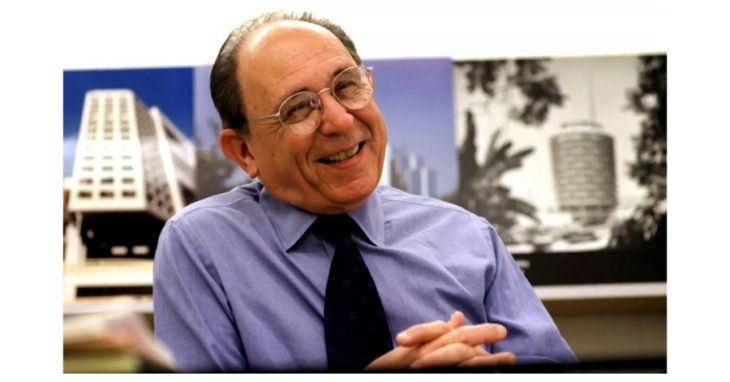Roman Polanski’s attorney filed additional arguments Monday aimed at convincing a judge that his client has good reason not to trust the court system and return to Los Angeles for sentencing on his 1977 guilty plea to unlawful sexual intercourse with a 13-year-old girl.
The 65-page filing comes a week after both sides appeared before Los Angeles Superior Court Judge Scott Gordon, who has yet to rule in the case.
Defense attorney Harland Braun wants Oscar-winning filmmaker to be allowed to return to the United States without fear of being handed additional jail time. He has argued that his client was promised “90 days or less” in exchange for his plea and has served 335 days here and abroad.
Prosecutors have objected to what they called a defense request for an “advance preview” of how much time Polanski would face if he returns to the U.S. for sentencing.
Braun said he was worried by Gordon’s comment at the hearing that the filmmaker should “just trust us.”
The defense attorney told City News Service that the latest filing is an attempt “to show the judge that Roman Polanski has a fear of coming to court without some assurances that they’re going to follow the rules.”
Braun argued in the document that the court was “(hinting) for the first time that it was not bound by the promises it made to Mr. Polanski in 1978.”
“Mr. Polanski has long acknowledged his moral and legal responsibility for his conduct and believes it is time for this court to acknowledge and accepts its responsibility,” Braun wrote.
In the filing, Braun accuses the court’s own counsel of historically covering up “questionable judicial misconduct” and said the defense filing is intended to help restore the record for Gordon’s benefit.
“Because this is a four-decades old case, some of the court’s own history may be forgotten by the current judge in this court,” he wrote.
Among the attachments is the sworn statement of Allan Parachini, a retired court public information officer. Parachini describes efforts by the court to hide emails that would have revealed that a presiding judge interfered with a trial judge’s decision by issuing “secret marching orders” dictating that Polanski could not be sentenced in absentia.
“The Superior Court had in fact prejudged the issue,” Parachini’s statement reads.
Braun said he emailed a copy of the documents to the District Attorney’s Office, but representatives were not immediately available for comment.
Deputy District Attorney Michele Hanisee has argued that what Braun is asking for is special treatment for his client.
“The People simply do not believe that it is in the best interests of justice to give a wealthy celebrity different treatment from any other fugitive from justice,” she said.
Gordon is the latest in a series of judges to hear motions in the case against Polanski. The 83-year-old director, writer and producer — who won an Oscar in 2002 for “The Pianist” — pleaded guilty in 1977, but fled to France in 1978 before his sentencing and still lives in Europe.
Southern California authorities have tried for years to bring Polanski back to America.
Braun filed court papers March 10 in which he wrote that Polanski will return to the United States for sentencing if a judge determines that he’s already served more than enough time behind bars in connection with his plea.
He asked that Gordon order the District Attorney’s Office to give some indication of how much time — if any — they want Polanski to serve if the director were to arrive in Los Angeles from his home in Paris. Braun also asked that the judge order that a warrant for Polanski’s arrest be lifted to avoid to avoid “some kind of untoward arrest.”
But Hanisee rejected the idea. The prosecution’s position “hasn’t changed in 40 years — he has to be here,” she told the court.
Polanski’s attorney wrote that Judge Laurence Rittenband — who died in 1993 — promised Polanski that he would be placed on probation if he received a favorable probation report, then broke the initial promise but promised the filmmaker that he would satisfy any custody requirement of his ultimate sentence if he went to prison for a diagnostic study.
“After Mr. Polanski served his time at the state prison diagnostic study, he was set to return to court for the sentence he had been promised. But Judge Rittenband announced to (Deputy District Attorney Roger) Gunson and defense lawyer Douglas Dalton that he again planned to break his promise and now would send Mr. Polanski to state prison for one to 50 years. But Judge Rittenband assured the attorneys that he could be trusted to keep another promise that he would secretly recall the state prison sentence if Mr. Polanski agreed to leave the country,” Braun wrote. “Because of Judge Rittenband’s broken judicial promises, and Mr. Polanski’s fear that Judge Rittenband would not honor his third promise, he left the United States.”
In the prosecution’s filing, Hanisee wrote that the case has a “bizarre procedural history” over the last several decades that has “consisted of repeated requests by the defendant for secret hearings and special treatment.”
“The defendant is, once again, trying to dictate the terms of his return without risk to himself. His proposed order indicating that this court can reinstate the bench warrant after 180 days if he does not appear, is proof that his return is conditioned on getting the answers he wants. Defendant wants answers — but will only show up if he likes the answers. He forfeited his right to make requests of the court when he fled,” the deputy district attorney wrote.
In response to the prosecution’s last filing, Braun wrote, “The District Attorney argues that Mr. Polanski forfeited his right to make requests when he fled. Does she not recall that he fled because he had been twice lied to by this court?”
The defense’s latest volley pushes Gordon to clarify his stance.
“If the court believes it (is) not bound by its 1978 promise, it should publicly say so. And if the court does not plan to follow California law, which gives Mr. Polanski credit for his custody and house arrest time in Switzerland, it should also say so,” the filing states.

























